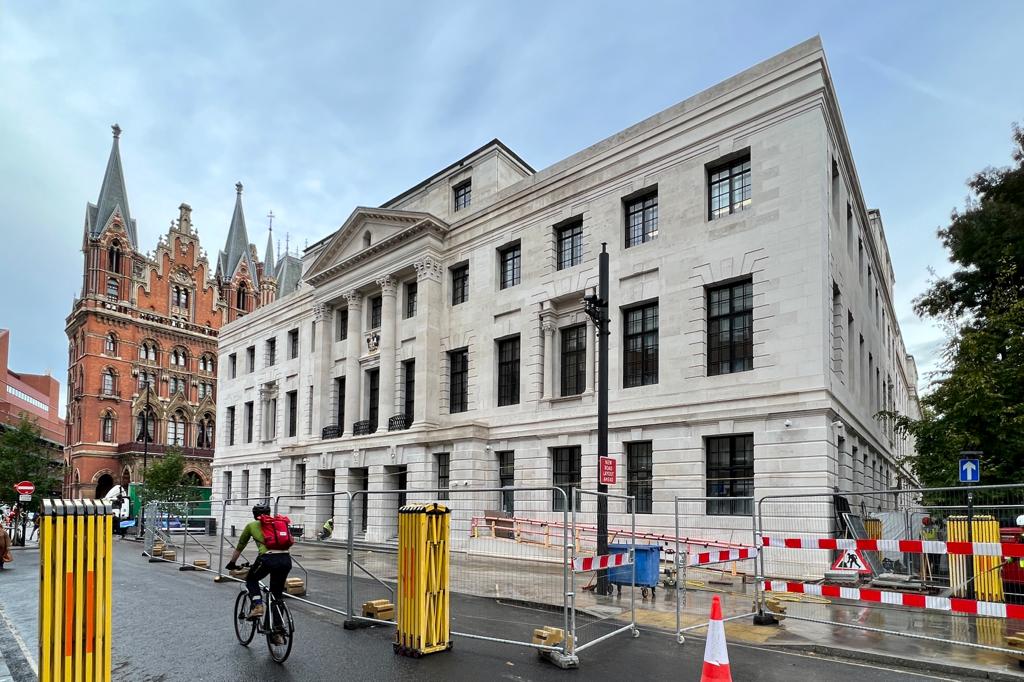Asylum policy’s ‘huge impact on rough sleeping’
Council director says rough sleeping is on rise in Camden
Tuesday, 2nd January — By Frankie Lister-Fell

Camden Town Hall
HOME office policies affecting asylum seekers’ accommodation are “having the biggest impact on rough sleeping”, Camden Council said this week.
In August the Home Office reduced the amount of days’ notice asylum seekers are given before they are told to find their own accommodation once their leave to remain has been granted.
Some people are now given just seven days to find somewhere to live, rather than the initial policy of 28 days. This has led to a huge increase in the number of people forced into sleeping on the streets.
At a housing scrutiny meeting on December 18, Gillian Marston, executive director supporting communities, said: “We are seeing an increase in rough sleeping in the borough. This is something that’s happening London-wide. Last year our street count in November was 97 and this year it was at 121. [Of those] 54 per cent are non-UK nationals with limited recourse to public funds.
“We’re being very much impacted by asylum seekers in contingency hotels who the government is quickly putting through the process. There’s nowhere for those people to go.”
At the eviction of people sleeping in tents outside University College London Hospital on November 10, the New Journal spoke to two men who had no recourse to public funds (NRPF). Last month, 43 per cent of those who approached the council’s rough sleeping service had NRPF and were therefore not eligible for homelessness assistance or a housing allocation.
Simone Melia, head of housing solutions at Camden, said: “The Home Office is making lots of decisions in a really short period of time and that’s probably the thing that’s having the biggest impact on rough sleeping at the minute. On both ends we’re seeing approaches through our statutory channels, we’re kicking in our statutory duties around homelessness but also we’re seeing the situation manifest on the streets.
“We appreciate the challenge is massive and it’s likely to continue to increase so we’re working very closely with Clearsprings, who procure and manage accommodation on behalf of the Home Office, so we can get access to information very quickly.
“It’s been a real challenge because at first we weren’t getting any information from the Home Office and Clearsprings.”
Last week leaders from faith institutions across London called on the Home Office to re-examine its practice.
A joint letter, signed by leaders including the Archbishop of Westminster and the Finsbury Park Mosque, said: “Through relationships with our local councils, we are seeing the unbearable pressures they are facing, with insufficient resources to find emergency accommodation before these people are on the streets. The result is widespread and growing street homelessness.
“Homelessness is a huge barrier for a new refugee to seek work, make an application for any benefit, or start to settle in the UK.
“No one can build their life like this. We urge that the move to new accommodation needs to be done with careful planning, consultation with civil society partners and local authorities, and over a longer period than a few days.”